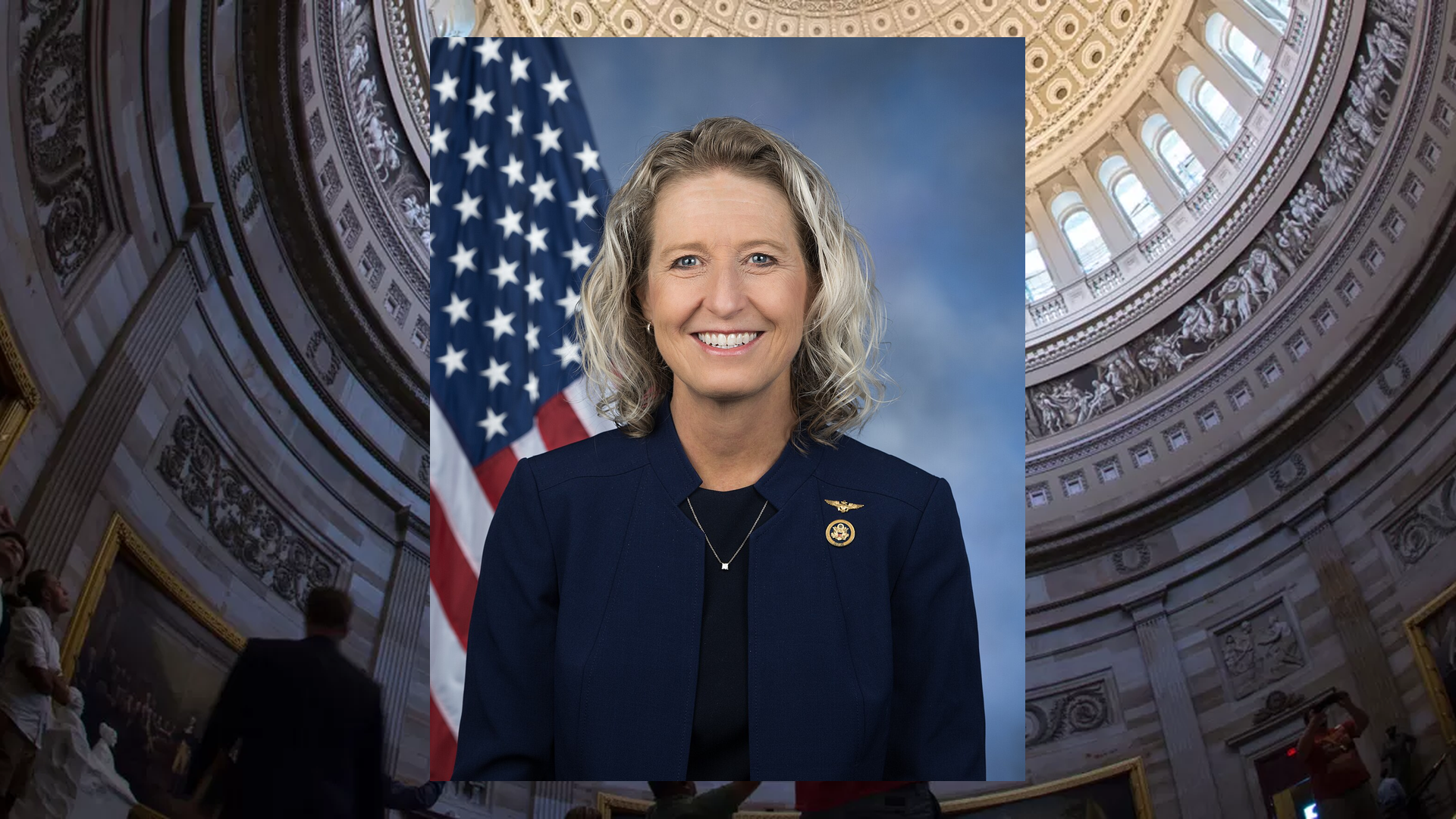We have received text from H.R. 4105: Veterans Energy Transition Act of 2025. This bill was received on 2025-06-24, and currently has 6 cosponsors.
Here is a short summary of the bill:
This bill, titled the Veterans Energy Transition Act of 2025, aims to assist certain members of the Armed Forces, veterans, and their spouses in obtaining employment within the energy industry. Below are the key components of the bill:
Establishment of a Grant Program
The bill establishes a grant program directed by the Secretary of Labor, in consultation with the Transition Executive Committee, to provide financial support to eligible entities that hire covered individuals, which includes:
- Members of the Armed Forces eligible for preseparation counseling.
- Veterans.
- Spouses of eligible members or veterans.
Grant Eligibility and Preferences
Covered individuals can receive assistance based on certain criteria, with priority given to those who:
- Are involuntarily separated from military service.
- Have military training or experience related to energy production, construction, or manufacturing.
- Reside in designated opportunity zones.
- Face significant barriers to employment, such as disability or homelessness.
Eligible Entities for Grant Funding
Entities eligible to receive grants include those primarily engaged in:
- The generation, transmission, storage, or distribution of energy.
- The manufacture or distribution of energy-related equipment and components.
Preference will also be given to eligible entities operating in qualified opportunity zones or designated as small businesses.
Grant Fund Usage and Limits
Grant funds can be used for various hiring-related costs, including:
- Licensure and certification costs for new hires.
- Recruitment costs.
- Orientation, administrative, and relocation expenses.
There are maximum funding limits per individual hired and for each grantee per fiscal year, specifically:
- Up to $10,000 per covered individual hired.
- A cap of $500,000 for each grantee.
Grant Conditions and Reporting
Receiving entities must comply with several conditions, including:
- Annual reporting on fund usage, covered individuals' employment status, retention rates, and salary information.
- Undergoing audits as required by the Department of Labor.
- Repaying funds used for unauthorized purposes.
Coordination with Existing Programs
The Secretary of Labor will coordinate the grant program with other existing programs for service members transitioning out of active duty to ensure there is no duplication of services and that covered individuals are aware of this new initiative.
Funding Authorization
The bill authorizes appropriations of $60 million annually for the program from fiscal years 2026 through 2031, with a limit on administrative costs set at no more than 15% of the total funds.
Report on Program Effectiveness
The Secretary of Labor is required to submit a report to Congress by September 30, 2030, evaluating the effectiveness of the grant program and making recommendations for its future.
Definitions
The bill also contains definitions for terms used throughout, such as 'qualified opportunity zone' and 'service-connected disability', ensuring clarity on eligibility and the scope of the program.
Relevant Companies
None found.
Representative Jennifer Kiggans Bill Proposals
Here are some bills which have recently been proposed by Representative Jennifer Kiggans:
- H.R.4185: Integrating Social Workers Across Health Care Settings Act
- H.R.4105: To amend title 10, United States Code, to direct the Secretary of Labor to carry out a grant program to help certain members of the Armed Forces, veterans, and their spouses, obtain employment in the energy industry.
- H.R.3772: Defense Shipyard Workforce Housing Act of 2025
- H.R.3636: To amend title 10, United States Code, to improve the process by which the Secretary of Defense verifies that health care professionals of the military departments are appropriately licensed.
- H.R.3547: Servicemember Healthcare Freedom Act of 2025
- H.R.3515: To amend the Internal Revenue Code of 1986 to exclude military bonuses from gross income.
You can track bills proposed by Representative Jennifer Kiggans on Quiver Quantitative's politician page for Kiggans.
Representative Jennifer Kiggans Net Worth
Quiver Quantitative estimates that Representative Jennifer Kiggans is worth $2.3M, as of July 10th, 2025. This is the 209th highest net worth in Congress, per our live estimates.
Kiggans has approximately $0 invested in publicly traded assets which Quiver is able to track live.
You can track Representative Jennifer Kiggans's net worth on Quiver Quantitative's politician page for Kiggans.
This article is not financial advice. See Quiver Quantitative's disclaimers for more information.




